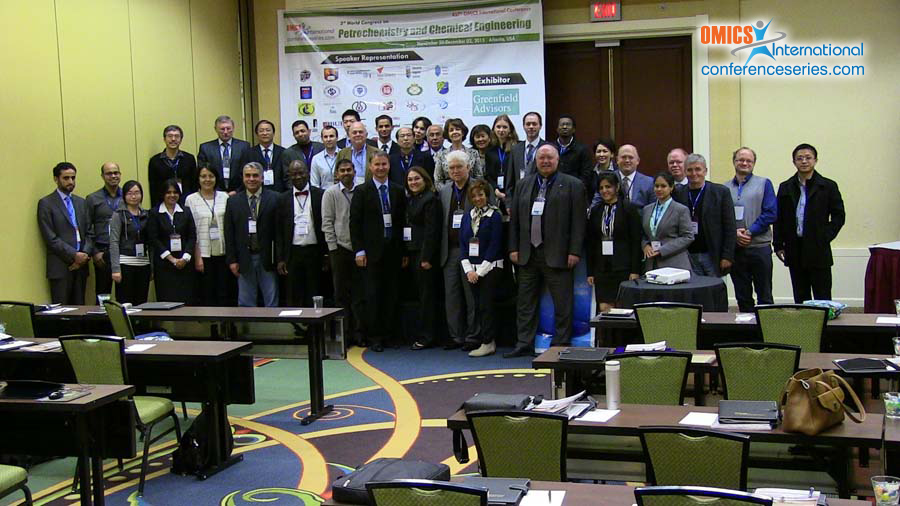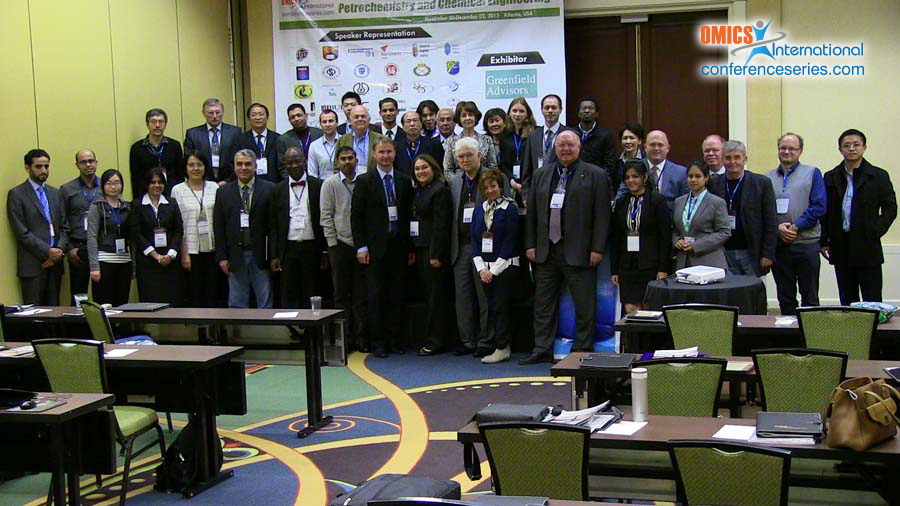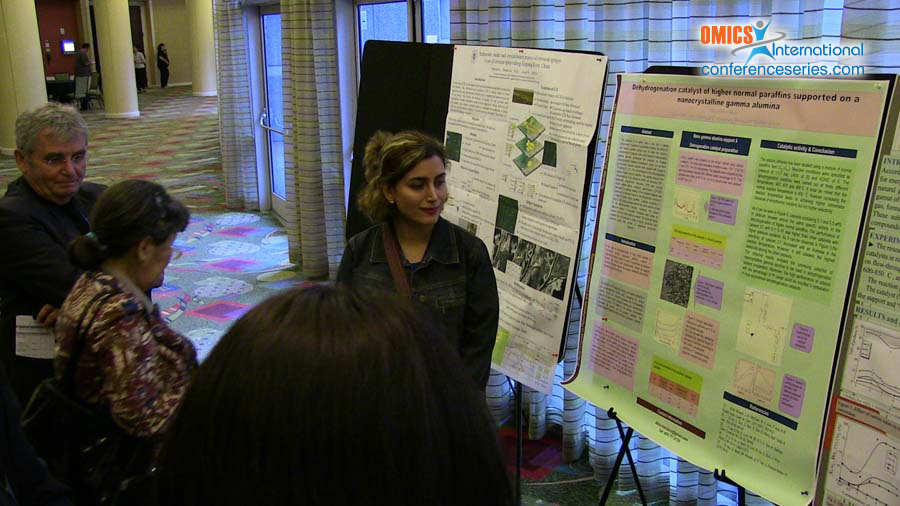
Xiaojun Bao
Fuzhou University, China
Title: Development and application of a fluid catalytic cracking gasoline hydro-upgrading process GARDES
Biography
Biography: Xiaojun Bao
Abstract
More than 90% of sulfur-containing compounds and about 90% of olefins in typical refinery gasoline pools come from fluid catalytic cracking (FCC) gasoline, thus the sulfur and olefin reduction of this stream is crucial for producing clean gasoline. It has been widely recognized that hydrotreating is the most important technique for producing clean transportation fuels in industrial practice, but the existing techniques can hardly accomplish the objectives of both deep hydrodesulfurization (HDS) and olefin reduction of FCC gasoline with acceptable loss in gasoline research octane number (RON). To solve this problem, we developed a novel process, GARDES, by coupling high-efficient HDS and directed olefin conversion. First, the full-range FCC gasoline is pre-hydrogenated and then split into light and heavy cracked naphthas (LCN and HCN) through distillation, in which the LCN has a very low sulfur content and thus can be directly used for product blending and the HCN contains a relatively lower concentration of olefins but most ulfur-containing compounds; second, the HCN with high sulfur content is hydrotreated over a selective HDS catalyst with high desulfurization activity but low olefin saturation activity; third, the hydrodesulfurized HCN is further treated over an octane recovery catalyst to convert olefins into isoparaffins and aromatics with high RONs; finally, a clean gasoline blending component that meets both Euro IV and Euro V standards is obtained by mixing the resultant HCN and LCN. The GARDES process is featured by having ultradeep HDS, significant olefin reduction, and excelllent RON preservation abilities. Up to date, we have issued over 20 licenses to refineries and successfully erected 15 industrial units with a total annual processing capacity of more than 15 million tons.



